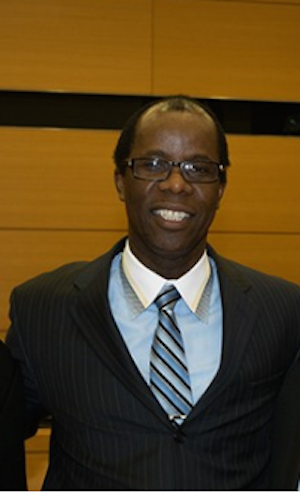Brooklyn Supreme Court working to get rid of old foreclosure cases

In a move to alleviate the backlog of foreclosure cases, the Kings County Supreme Court is working to clear cases that have had no activity since Sept. 30, 2016. On Tuesday, the court sifted through sitting cases during a special session in an effort to determine which have been abandoned and which ones are still active.
“We’re just trying to determine which cases are real cases,” said Charles Small, chief clerk for Civil Matters. “There can be real reasons for a case to be inactive for that long. We are trying to determine which is which and we’ve had a lot of people coming in and giving updates.”
If a case has had no activity since Sept. 30, 2016, the court will move to dismiss it unless one of the attorneys involved indicates to the court that the case is still active. If the court closes a case mistakenly, Small explained that it can be reopened with a simple motion.

Brooklyn Boro
View MoreNew York City’s most populous borough, Brooklyn, is home to nearly 2.6 million residents. If Brooklyn were an independent city it would be the fourth largest city in the United States. While Brooklyn has become the epitome of ‘cool and hip’ in recent years, for those that were born here, raised families here and improved communities over the years, Brooklyn has never been ‘uncool’.